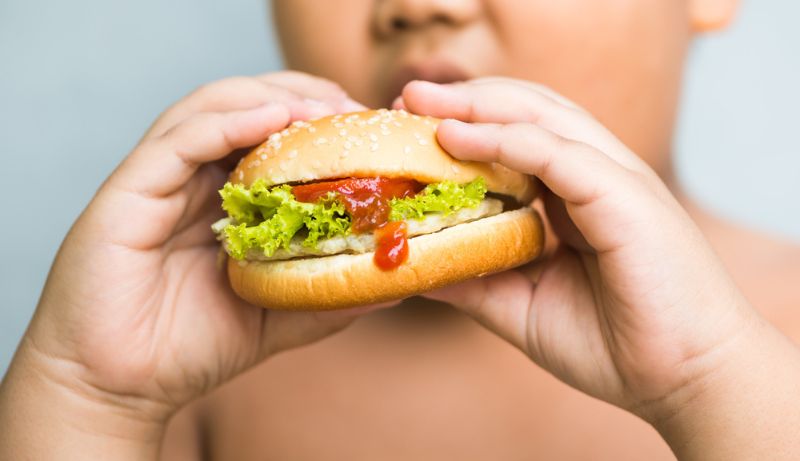Advertisements
In the contemporary scenario, the issue of childhood obesity has emerged as one of the most pressing challenges faced by modern society.
The alarming rise in the number of overweight or obese children has raised deep concerns among parents, health professionals and government authorities around the world. In this comprehensive introduction, we will explore the complex reasons behind this worrying phenomenon, examining not only the immediate causes but also the social, economic and cultural influences that contribute to its prevalence.
Advertisements
Childhood obesity is not just a matter of aesthetics; it is a public health problem with profound and long-lasting ramifications. A sedentary lifestyle, combined with a diet high in processed foods, refined sugars and saturated fats, has fueled the obesity epidemic among children. Unhealthy eating habits, often shaped by an over-availability of ultra-processed foods and a culture that promotes consumption of fast food and soft drinks, are only part of what is driving this global health problem.
In addition to poor diet and lack of physical activity, there are a number of social and environmental factors that contribute to childhood obesity. Aggressive advertising of unhealthy foods, lack of access to fresh, nutritious food in low-income areas, and decreased time spent outdoors due to technology and digital entertainment are just some of the negative influences children face on their journey to a healthy lifestyle.
Advertisements
In this article, we will delve into the depths of this complex problem, exploring its causes, consequences and, most importantly, discussing effective strategies and interventions to reverse this worrying trend and promote a healthy lifestyle from childhood.
Why Are So Many Children Obese?

There are several reasons why childhood obesity is on the rise today. One of the main causes is changes in eating patterns and lifestyle. With the advancement of technology and the proliferation of electronic devices, children are increasingly sedentary, spending hours in front of television, computers and smartphones, to the detriment of outdoor physical activities.
Furthermore, the widespread availability of highly processed foods, rich in saturated fats, sugars and empty calories, contributes to an unbalanced and unhealthy diet. Food options offered in schools and fast food restaurants promote excessive consumption of low-nutritional foods, exacerbating the problem of childhood obesity.
Negative Influences and Future Problems

Childhood obesity not only affects children’s physical health, but also has significant repercussions on their emotional health and psychological well-being. Obese children often face stigmatization, bullying and low self-esteem, which can lead to mental health problems such as anxiety and depression.
In addition, childhood obesity is strongly associated with a number of serious medical conditions, including type 2 diabetes, high blood pressure, heart disease, respiratory disorders, and orthopedic problems. These conditions can persist throughout life and significantly reduce the quality of life and life expectancy of affected children.
Conclusion
Given the devastating impact of childhood obesity, it is crucial that parents, educators, health professionals and government officials join forces to tackle this problem head on. It is essential to promote a culture of healthy eating and physical activity from an early age, educating children about balanced eating habits and encouraging regular exercise.
In addition, effective public policies are needed to regulate advertising of unhealthy foods, improve access to fresh, nutritious foods, and promote school and community environments that encourage active, healthy lifestyles.
Only through a comprehensive and collaborative approach can we reverse the alarming trend of childhood obesity and ensure a healthier, brighter future for our children.




